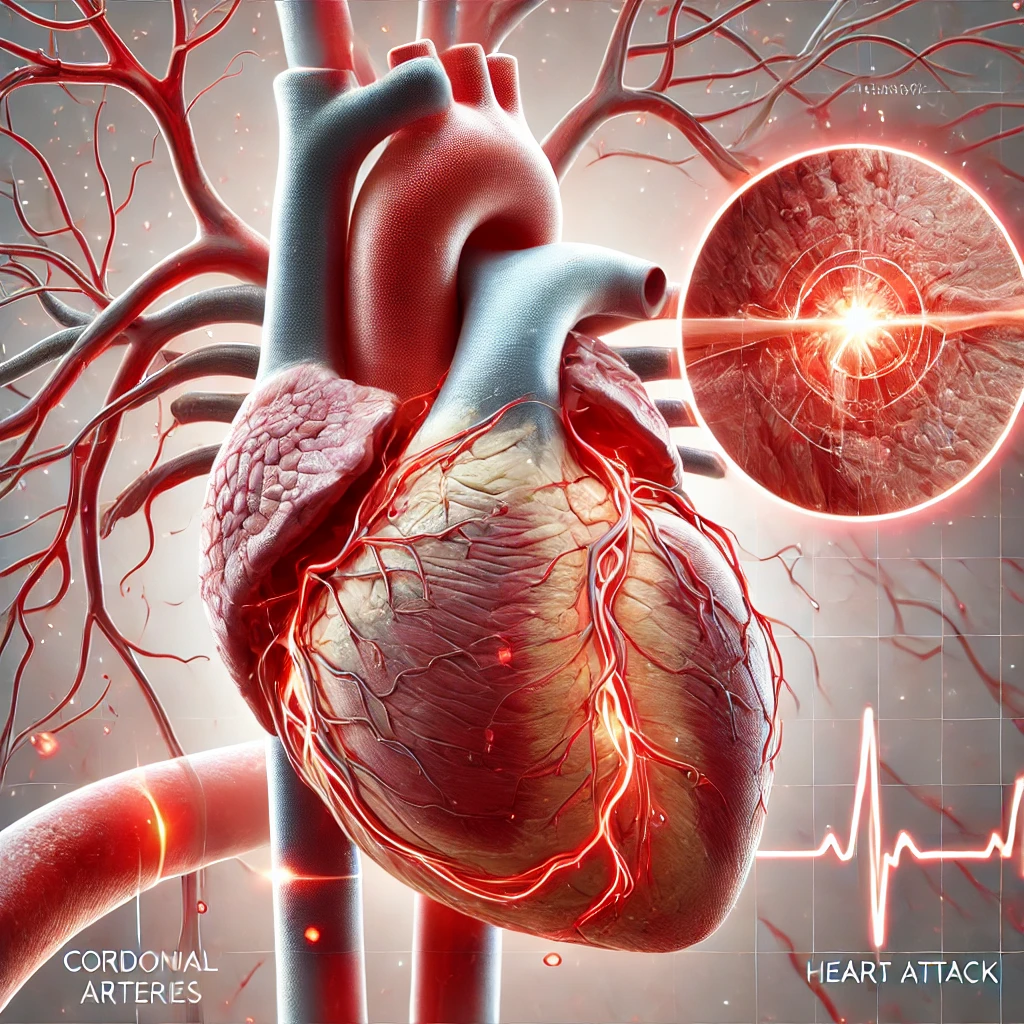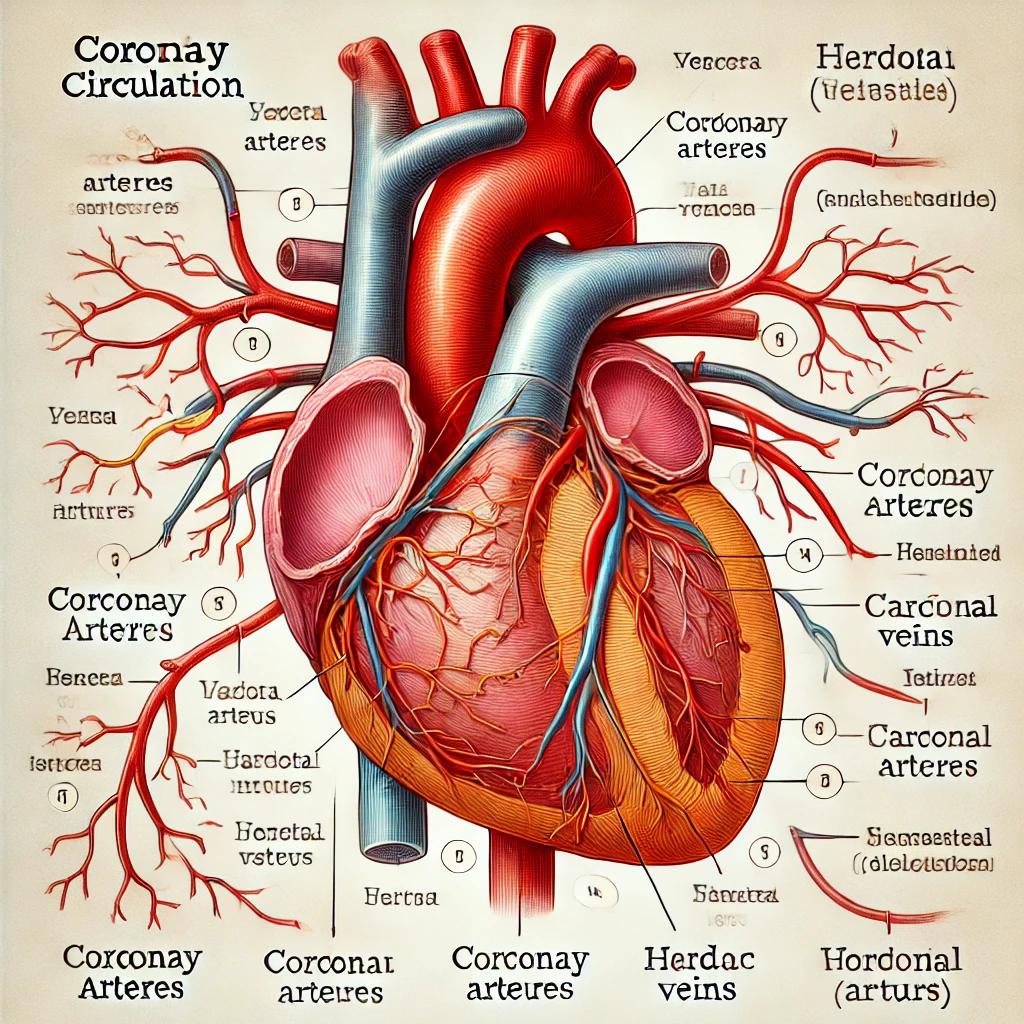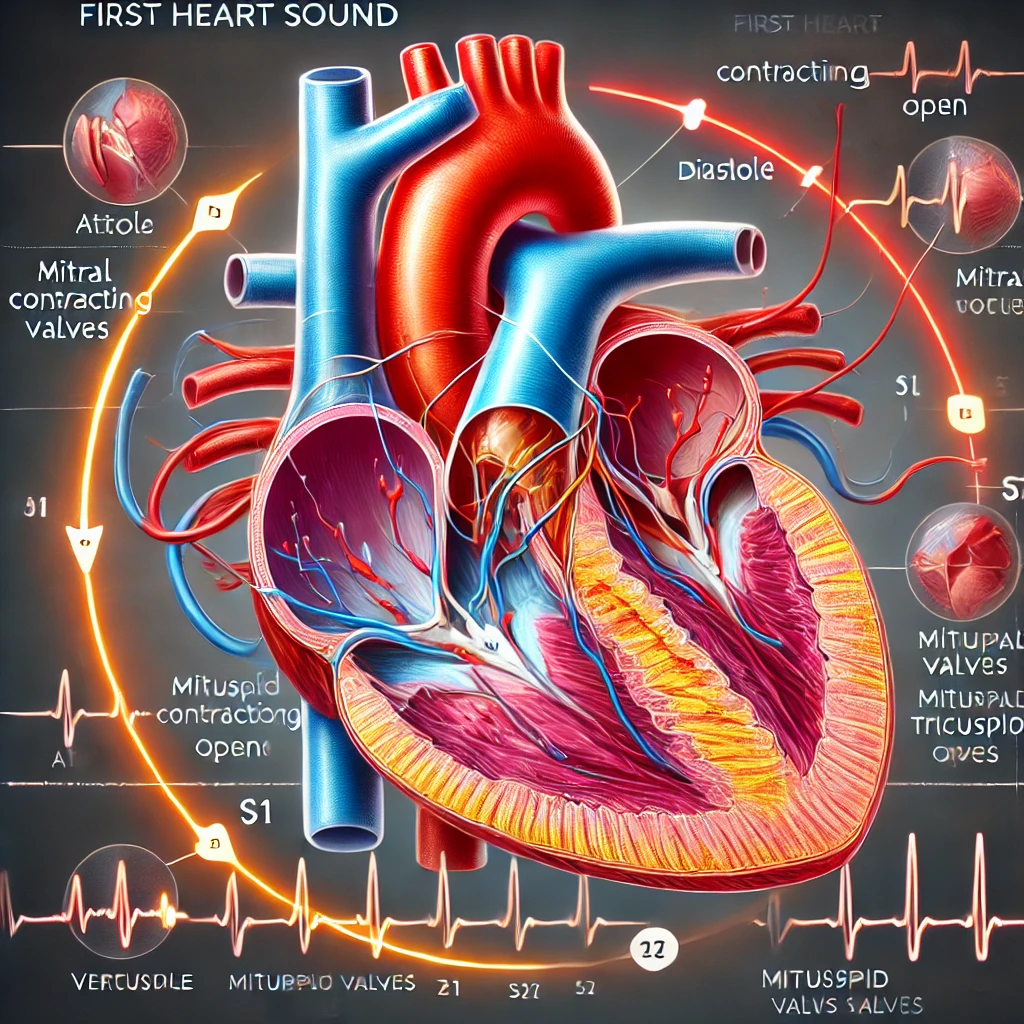Origin of Creatinine
Every day, our bodies engage in countless metabolic processes. One such process involves creatine, a molecule stored in our muscles. As part of normal metabolic activity, our muscles break down creatine into creatinine, a waste product.
The Role of Creatinine in the Body
Creatinine doesn’t have a specific function per se. However, its steady production and excretion make it an excellent marker for kidney function. If our kidneys are healthy, they efficiently remove creatinine from our bloodstream, keeping its level within a narrow range.
How is Creatinine Measured?
The Creatinine Blood Test
The most common way to evaluate creatinine levels is through a blood test. A small blood sample is taken and analyzed in a lab. It’s simple, minimally invasive, and provides quick results.
The Creatinine Clearance Test
This test provides a more comprehensive assessment. It measures creatinine levels in both blood and urine over 24 hours, giving a clear picture of how well your kidneys are working.
Interpreting Creatinine Levels
Normal Creatinine Levels
In general, normal creatinine levels vary based on age, sex, and muscle mass. For men, the range is typically 0.9-1.3 mg/dL, while for women, it’s 0.6-1.1 mg/dL.
High Creatinine Levels: Causes and Implications
A high creatinine level could indicate a problem with your kidneys. It might result from conditions like kidney disease, dehydration, or blockage in the urinary tract. Remember, it’s important not to jump to conclusions. Always consult your healthcare provider to understand what your test results mean.
Low Creatinine Levels: Causes and Implications
Low creatinine levels are less common but might suggest conditions like muscle wasting diseases, malnutrition, or severe liver disease. Again, a healthcare professional can provide the best advice.
Managing Creatinine Levels
Lifestyle Changes
Maintaining healthy creatinine levels often involves lifestyle modifications. This could mean a balanced diet, regular exercise, and staying hydrated.
Medications
Certain medications can help manage conditions that raise creatinine levels. However, remember that some medications might actually increase creatinine. Always discuss potential side effects with your healthcare provider.
Medical Procedures
Dialysis
In severe cases, dialysis might be necessary. This process artificially filters waste, like creatinine, from your blood.
Kidney Transplant
If kidney function is significantly impaired, a kidney transplant could be an option. It’s a major procedure, so it’s reserved for serious cases.
Conclusion
While creatinine is a waste product, it provides invaluable insights into our health. Monitoring its level can help detect kidney issues early and promote better management of existing conditions.
References:
My other Articles:
- Does Blood Transfusion Increase Creatinine?
- Troponin I: The Silent Alarm of Your Heart
- Polypharmacy and Its Burden on Aging Kidneys
- Troponin I: The Unsung Hero in Battling Kidney Disease
- The Stages of Chronic Kidney Disease
Disclaimer: The information provided in this article is intended for general informational purposes only. It is not a substitute for professional medical advice, diagnosis, or treatment. Always seek the advice of your healthcare provider with any questions you may have regarding a medical condition or treatment.




